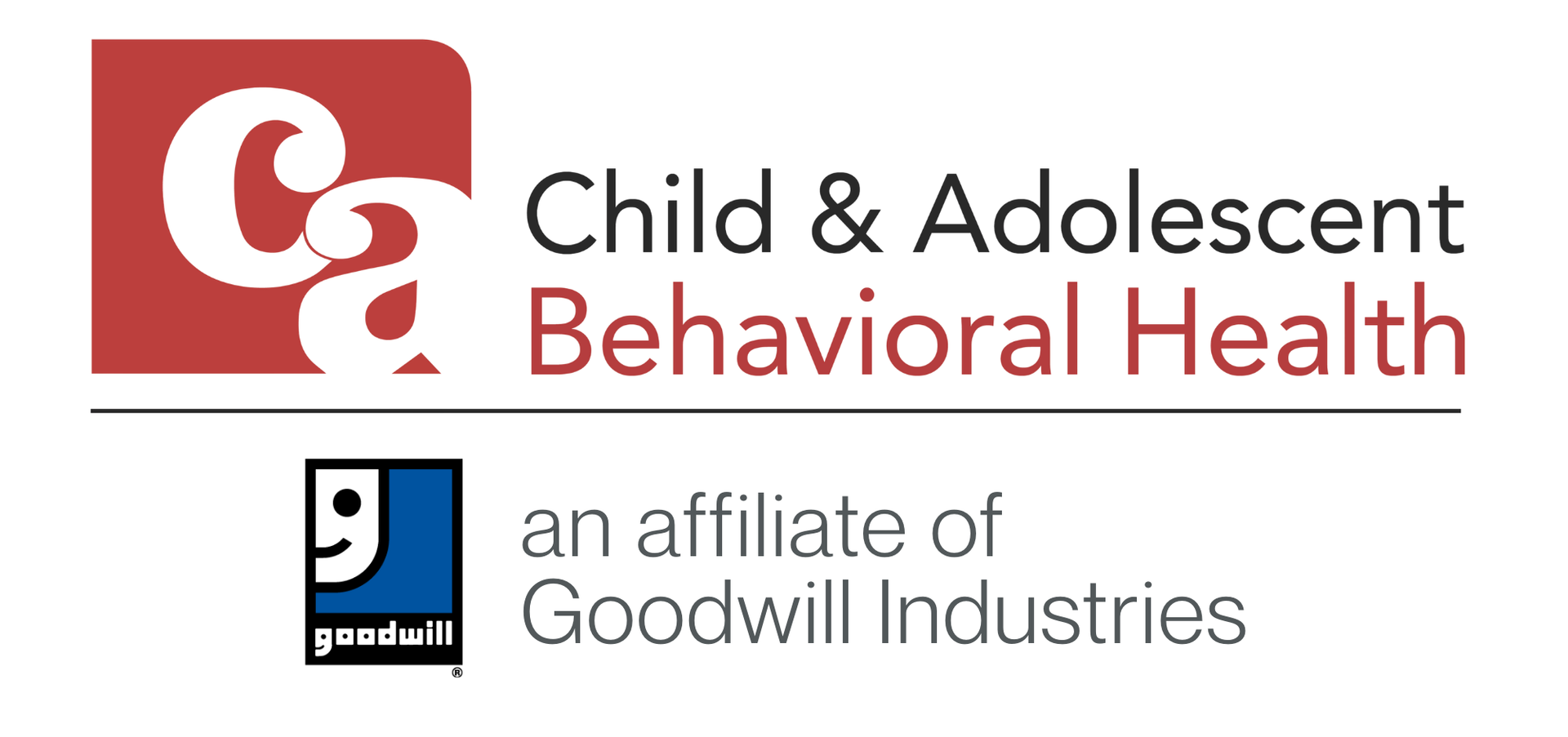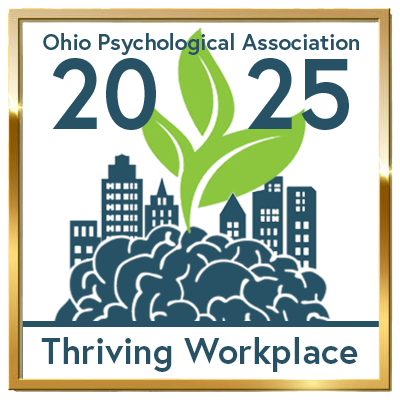“We are all mandated reporters,” said Mary Kreitz, trauma program manager and group services director for Child and Adolescent Behavioral Health, speaking during at a training session.
What does a mandated reporter mean and how does this apply to me?
If you as a clinician suspect that a child has been abused or is being abused or neglected, you as a clinician are legally required to report the abuse.
When reporting an abusive situation, what information does the clinician need to have when answering the questions over the phone?
Kreitz said Child Protective Services is likely to ask for this information:
- The name and address of the child you suspect is being abused or neglected
- Age of the child
- Name and address of the parents or caretakers
- Name of the person you suspect is abusing or neglecting the child and the address if available;
- Reason you suspect the child is being abused and neglected
- Any other information which may be helpful to the investigation
Kreitz said, “Even if the abuse took place a year ago, you should still call and make sure the abuse was actually reported and the details you heard have been reported. You may be presenting new facts to the case. Then document that you made the report.”

After a clinician has filed a report, what is the next step?
Following a report that is made, a caseworker from Jobs and Family Services (JFS) and/or a local law enforcement officer will be assigned to investigate the report. From there, the child may be referred to The Children’s Network, which is Stark County’s Child Advocacy Center. They have a multidisciplinary team (MDT) of professionals working together in one location to help children and their families cope with abuse, witnessing violence or human trafficking.
The Children’s Network of Stark County is a Child Advocacy Center. Partners working through the network include: Stark County Prosecutor’s Office; County-wide law enforcement; Stark County Family Court; National Children’s Alliance & Ohio Network of Children’s Advocacy Centers; Akron Children’s Hospital CARE Center; Child & Adolescent Behavioral Health; Lighthouse Family Center; and Stark County Jobs & Family Services.
Family Advocate
When a family comes to The Children’s Network after a report has been made, a family advocate will be assigned to the family. The Family Advocate stays with the family throughout the whole investigation and legal process. The Family Advocate will make sure families understand every step of the process and connect the family with resources they need for recovery. Even after the JFS case is closed, the advocate is allowed to maintain contact.
Forensic Interview
The purpose of the forensic interview is to create a safe space for a specifically trained interviewer to address abuse allegations in a neutral, fact-finding, developmentally appropriate manner. These interviews are legally sound, non-duplicative and non-leading. The forensic interviewer conducts each interview using a nationally recognized protocol. The only two people in the room are the child and the interviewer. All interviews are video and audio recorded so the child does not have to repeat this in court. MDT members observe the interview from another room.

The Medical Exam
A specialized nurse practitioner from Akron Children’s Hospital CARE Center may conduct a medical exam. This exam is similar to a having a routine check-up. Any bruises or marks on the body are photographed and documented. Physical conditions or injuries will be treated.
Trauma or Sexual Abuse Evaluation
This evaluation may be referred if the child is not able to give a clear disclosure due to fear, anxiety, developmental level, inability to understand questions or vague communication style. This assessment is more in-depth and will take place in two to three sessions.
Prosecuting the Case
The assistant prosecutors meet regularly with MDT to determine whether the case is appropriate for prosecution. Some cases are handled informally and some cases are not strong enough for prosecution. The prosecutor also helps prepare the child and/or parents if testifying in court is necessary.
There are protocols for clinicians to take on what you can and should do after a report of suspected abuse or neglect has been made.
What not to do:
- Do not question the child about the abuse or probe for more details about what happened.
- Do not coach the child on what to say.
- Do not ask siblings or other children in the home if they were abused too
Here is what you can do:
- If the client wants to tell you what happened; listen supportively
- Validate the client’s bravery for telling someone about what happened
- Help the client feel safe
- If the client is nervous about the forensic interview or abuse evaluation, reassure that the interviewer/assessor is a safe person; reassure the client they are not in trouble; that this will not hurt; and to be honest
- If the client wants you to come along as support when they go for an interview/evaluation, model being pleasant and cooperative with other professionals; if you seem uncomfortable talking, the client will likely follow your lead; if possible, it would be best to get a release for Children’s Network; and remember that you can speak to other health care professionals working with our clients.
- Reassure the client the abuse is not their fault; that experiencing abuse does not make you bad or weird; validate that there are many reactions to abuse, none are “wrong” and validate the client’s feelings.
For clinicians who are doing Trauma Focused-Cognitive Behavioral Therapy do not start processing the client’s narrative until all parts of the investigation (forensic interview, medical exam, trauma and sex abuse evaluations) are completed. You are able to work on other parts of the model – psychoeducation, relaxation skills, affect regulation skills and cognitive coping skills.
The final message is don’t stop working with client if they are sent to Children’s Network. This is an important piece for investigating what happened. We are in a much better position to meet the needs of the client when we are all working together.
To report an incident, call 330-455-KIDS (5437).
RECENT POSTS











